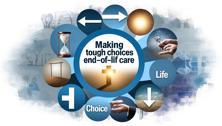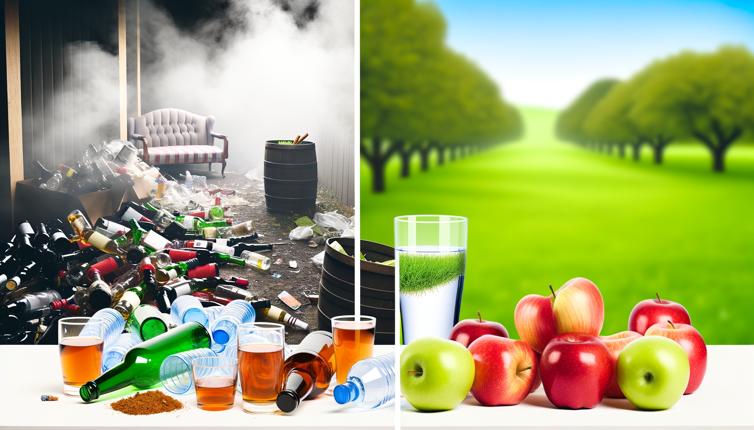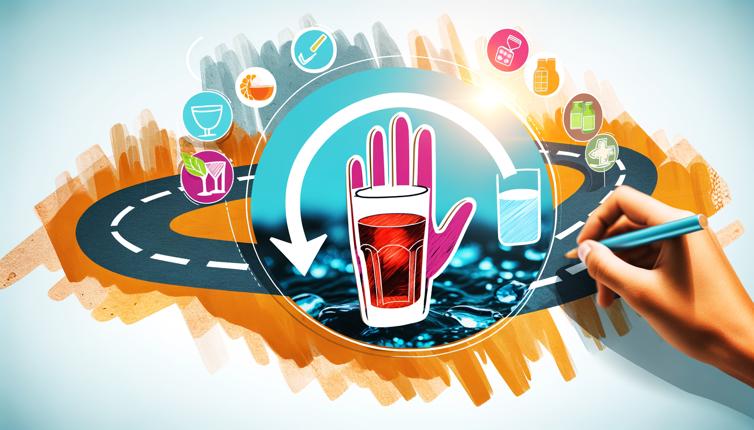1. Health Benefits
Quitting drinking can have significant health benefits. It can improve liver function, lower blood pressure, and reduce the risk of certain types of cancer. It can also improve sleep quality and boost the immune system.
2. Mental Health
Alcohol can negatively impact mental health and contribute to anxiety and depression. Quitting drinking may improve your overall mental well-being and reduce symptoms of these conditions.
3. Personal Relationships
Excessive drinking can strain personal relationships. Quitting alcohol can help rebuild trust and improve communication with loved ones.
4. Financial Considerations
Alcohol can be expensive, especially if you regularly go out to bars or restaurants. Quitting drinking can save you money that can be allocated to other important areas of your life.
5. Social Life
Drinking is often a common activity in social settings. Quitting drinking may require finding alternative activities or socializing in different environments.
6. Physical Dependence
If you're physically dependent on alcohol, quitting drinking may require medical supervision to ensure a safe detoxification process.
7. Emotional Support
Quitting drinking can be challenging, and having a support system in place can be crucial. Consider reaching out to friends, family, or support groups for guidance and encouragement.
8. Coping Mechanisms
Alcohol is often used as a coping mechanism for stress or difficult emotions. If you choose to quit drinking, it's important to develop alternative, healthier ways to cope with these challenges.
9. Relapse Potential
Quitting drinking is not always a linear process, and relapse is possible. It's important to develop strategies for preventing relapse and to seek professional help if needed.
10. Personal Goals
Consider how quitting drinking aligns with your personal goals and values. If living a healthy, sober lifestyle is important to you, quitting drinking may be a step in the right direction.
Conclusion
Quitting drinking is a personal decision and should be based on your own individual circumstances and goals. It's important to consider the potential benefits to your physical and mental health, as well as the impact on your relationships and social life. If you're struggling with alcohol dependence, seeking professional help is recommended. Remember, there is no one-size-fits-all answer, and what works for one person may not work for another. Ultimately, the choice is yours.









